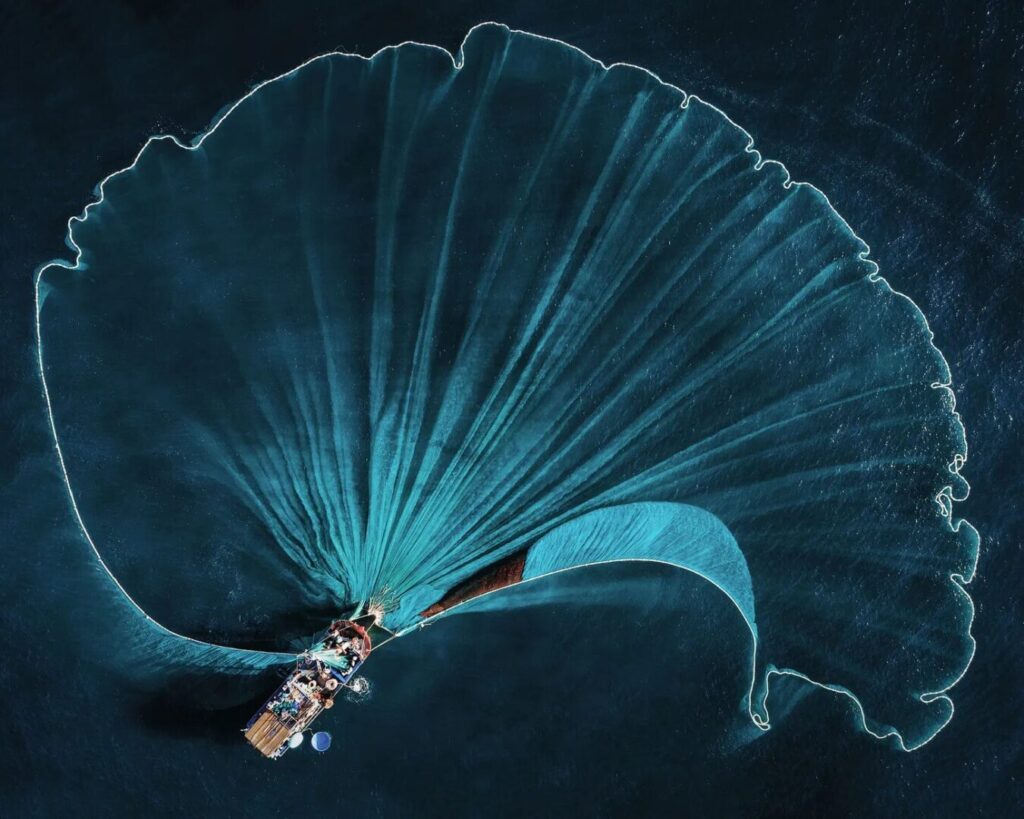A research conducted by the Organization for Economic Cooperation and Development (OECD) reveals the need for governments to redefine the support they allocate to the fishing sectorwith a view to achieving the sustainability in this activity.
The OECD Fisheries 2025 Study 65% of subsidies in 41 countries and territories runs the risk of promoting the overfishing and the illegal fishing if it is not accompanied by efficient fisheries management.
According to the report, between 2020 and 2022, the fishery subsidies amounted to an average of US$10.7 billion per year. Six economies lead this expenditure, representing 85% of the total: China (36.1 %), Japan (12.4 %), the United States (11.0 %), Canada (10.7 %), the European Union (8.0 %) and Brazil (6.4 %). During this period, the value of the fisheries and aquaculture sector almost tripled compared to 2005, reaching 381 billion dollars.
The Secretary General of the OECD, Mathias Cormannemphasized the need to implement effective policies to combat illegal fishing and promote sustainability.
"Sound fisheries and aquaculture management, including policies that address illegal, unreported and unregulated fishing, is critical to protect local livelihoods, global food security and ocean ecosystems," he considered. "More targeted support for fisheries and better management are essential to improve the profitability and resilience of the sector."
The study suggests redirecting funds earmarked for fuel subsidies and vessel acquisition to activities that will ensure the sustainability sector. These include investment in research on fish stocks, strengthening of the fisheries surveillance and temporary support to fishermen affected by environmental crises like marine heat waves.
The OECD stresses that improving fisheries management and monitoring will not only strengthen the resilience of the sector and the well-being of fishermen, but will also help eradicate the illegal fishing and promote a fairer and more equitable market.
This study will serve as a point of reference in the Third United Nations Conference on the Oceans (UNOC3), where strategies to ensure a sustainable future for global fisheries will be discussed.
Source: OECD


